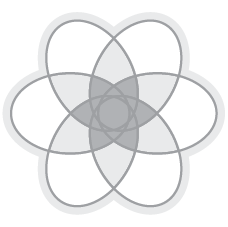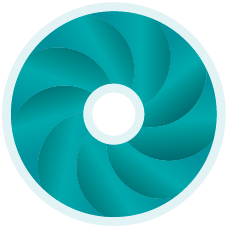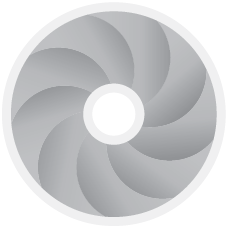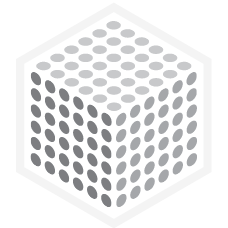| EPA | 1.1 | Obtain a complete and accurate history in an organized fashion, taking into account the patient’s expectations, priorities, values, representations and spiritual needs; explore complaints and situations in persons of all ages; adapt to linguistic skills and health literacy; respect confidentiality |
| EPA | 1.2 | Explore patient expectations, values and priorities |
| EPA | 1.3 | Use patient-centred, hypothesis-driven interview skills; be attentive to patient’s verbal and nonverbal cues, patient/family culture, concepts of illness; check need for interpreting services; approach patients holistically in an empathetic and non-judgmental manner |
| EPA | 1.4 | Evaluate understanding and decision-making capacity of all patients, especially those of psychiatric patients, cognitively impaired persons or minors |
| EPA | 1.5 | Identify and use alternate sources of information to obtain history when needed, including (but not limited to) family members, primary care physicians, staff of living facility, pharmacy or social/health alliance |
| EPA | 1.6 | Assess gender, social, cultural and other factors that may influence the patient’s perception and description of symptoms; demonstrate cultural awareness and humility, and be conscious of the potential for bias in interactions with the patient |
| EPA | 1.7 | In cases of long-term follow-up care, select the most salient issues that must be addressed in terms of treatment, side-effects, compliance, daily impact of the disease and patient’s environment |
| EPA | 1.8 | Review the patient’s health behaviour and lifestyle as part of a routine check-up, or as far as possible, and assess the patient’s opinions, representations and expectations |
| EPA | 1.9 | Explore the patient’s use of medicine and treatment, including complementary and alternative medicine |
| EPA | 1.10 | Explore the patient’s use of psychoactive substances |
| EPA | 1.11 | Use clinical reasoning in gathering focused information relevant to a patient’s care |
| EPA | 1.12 | Identify issues not mentioned spontaneously by the patient (hidden agenda) |
| EPA | 1.13 | Recognize situations involving potential self-harm or victimization, such as interpersonal violence, assault |





